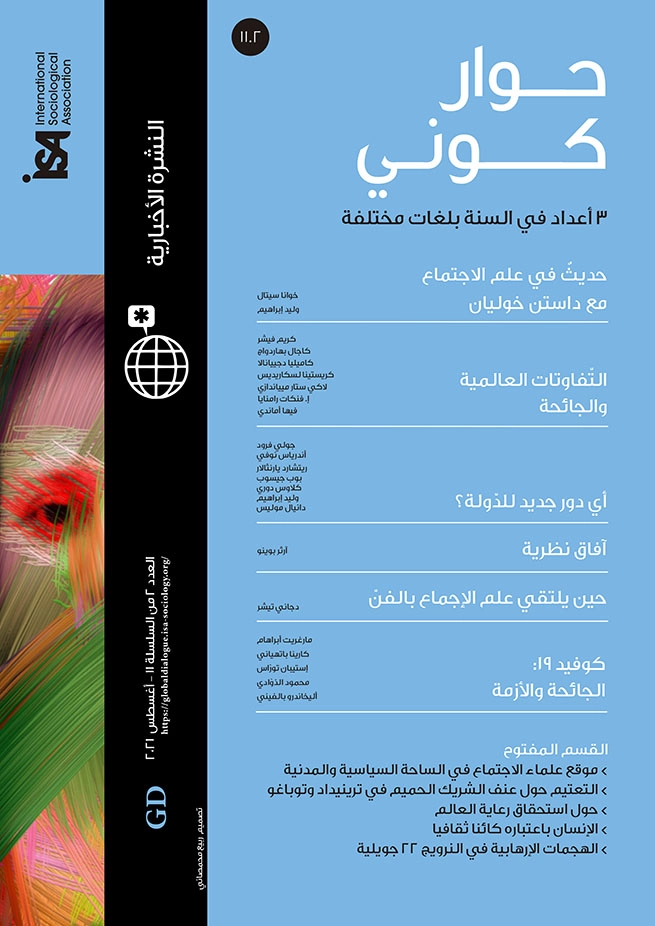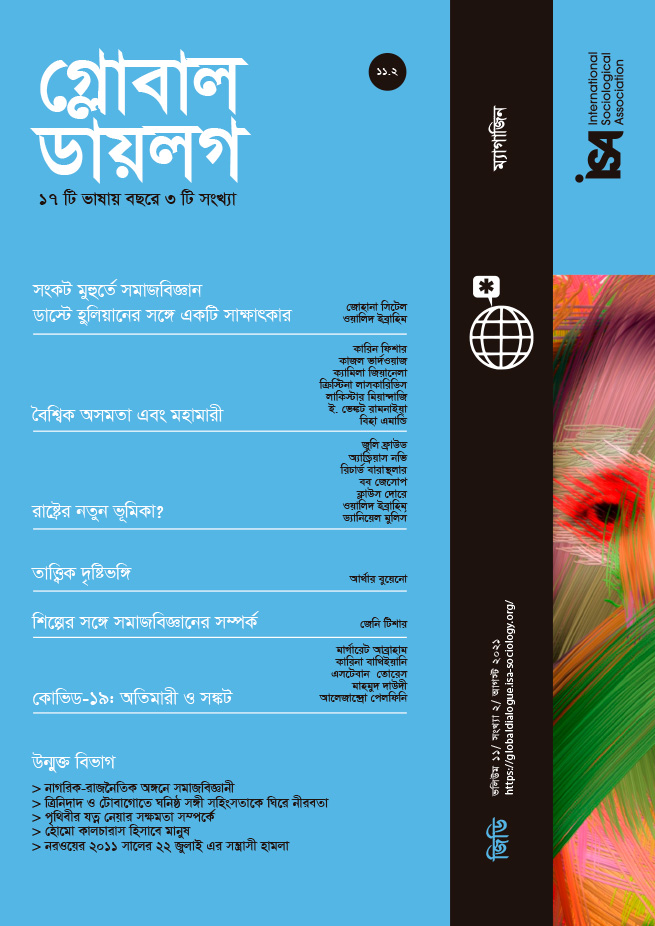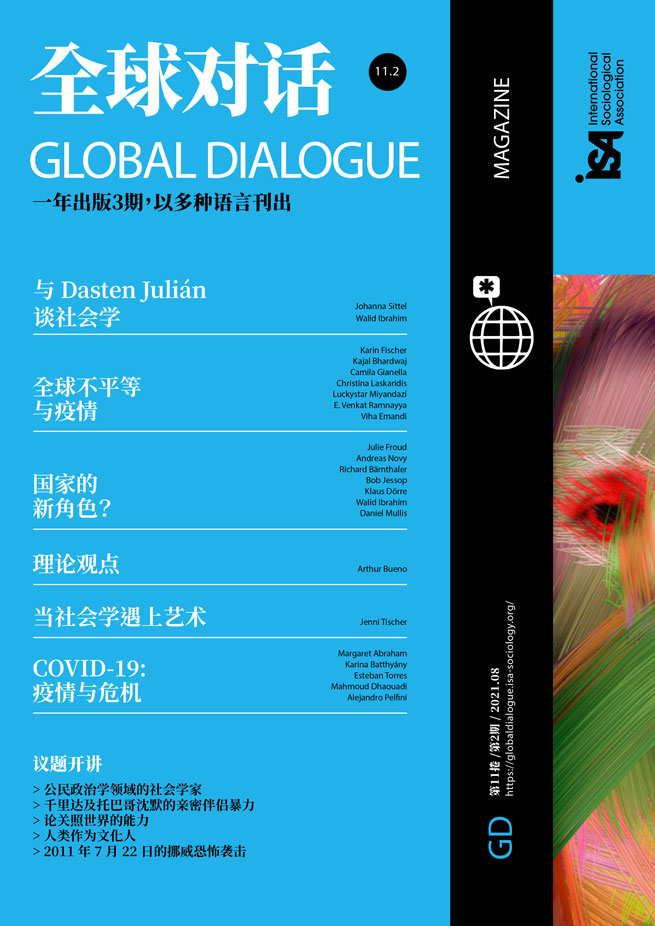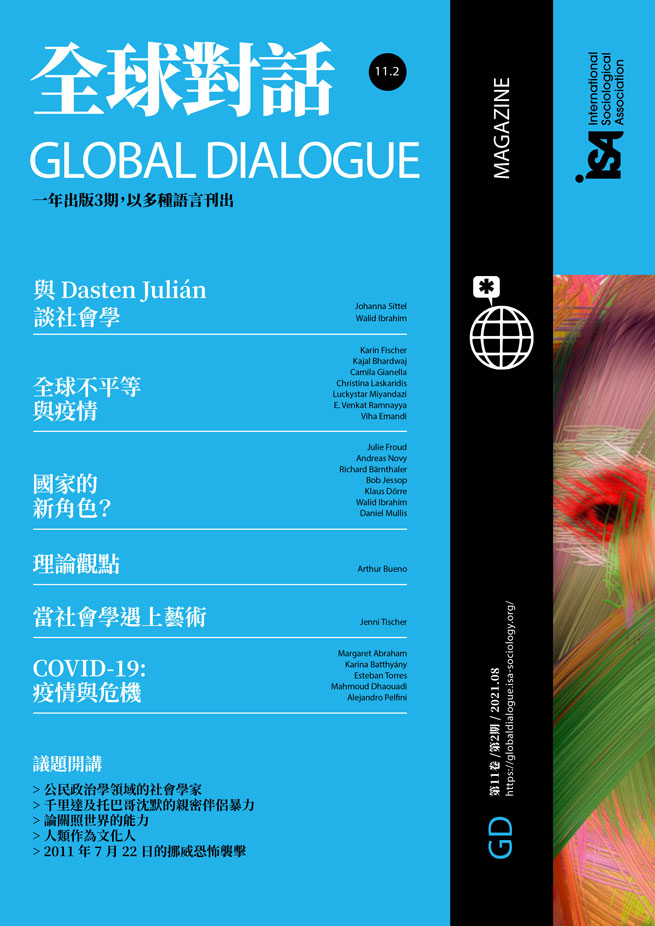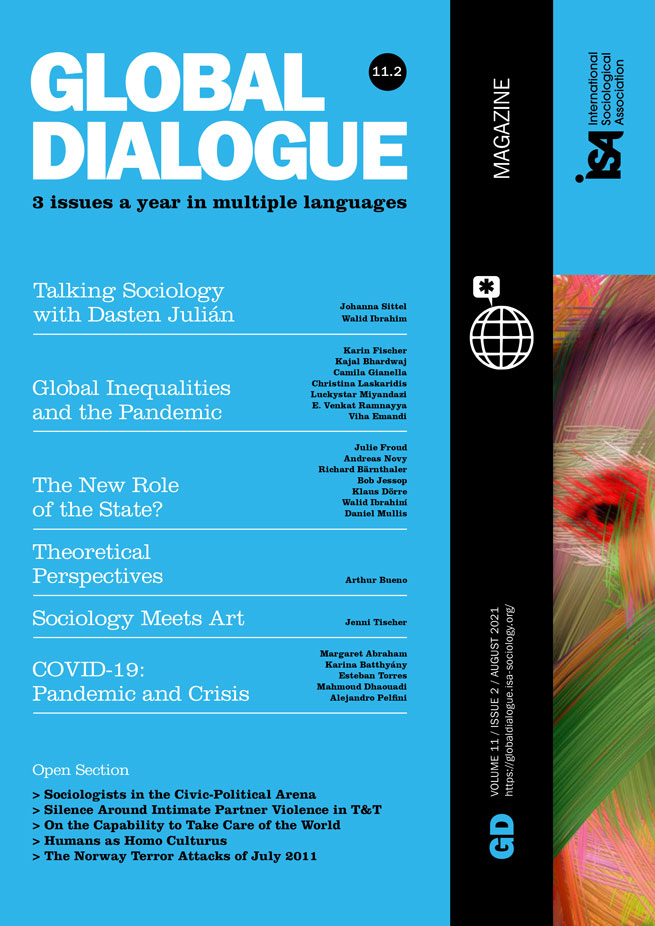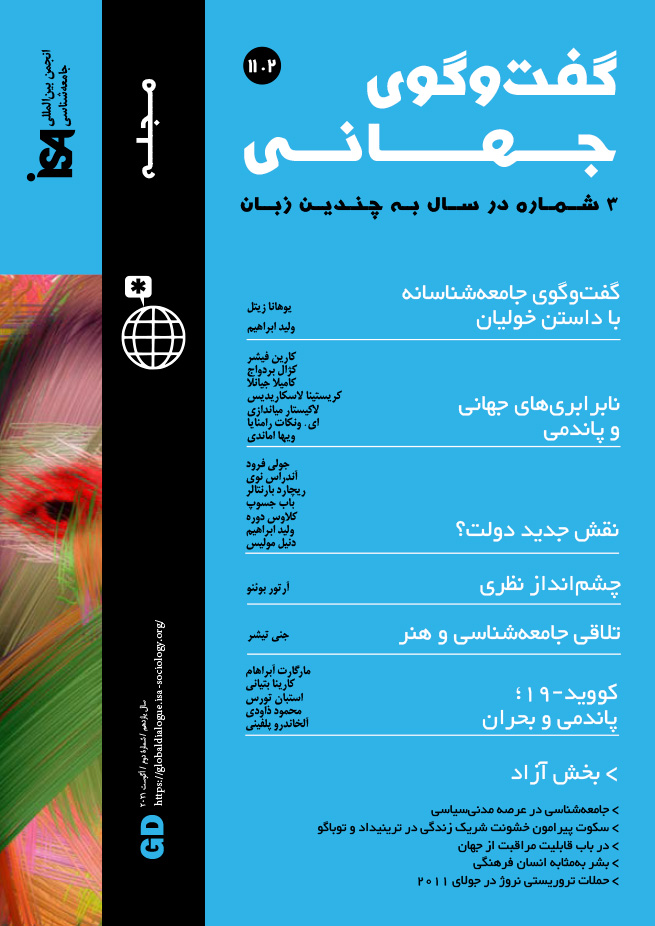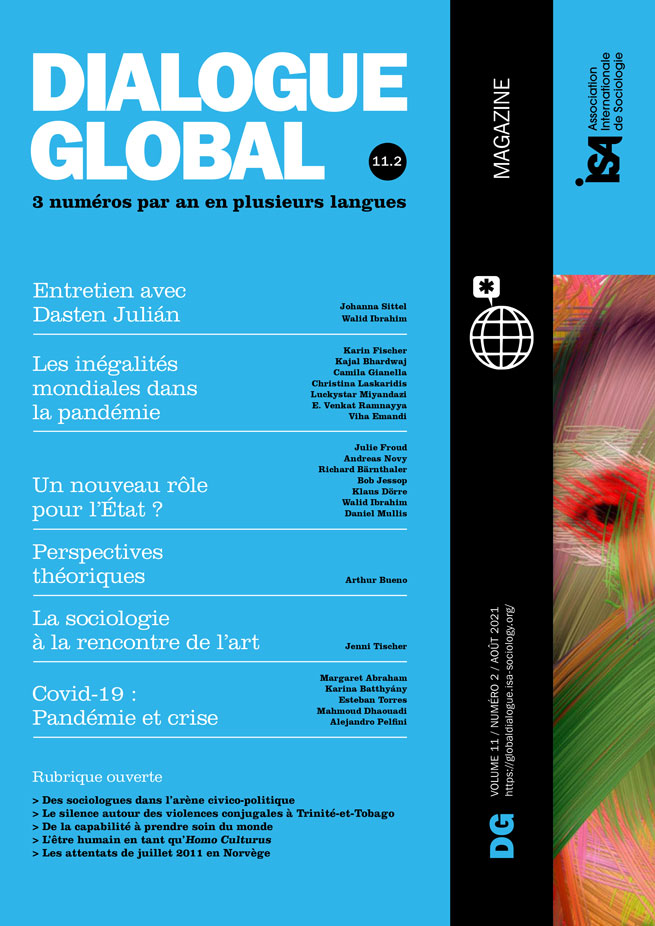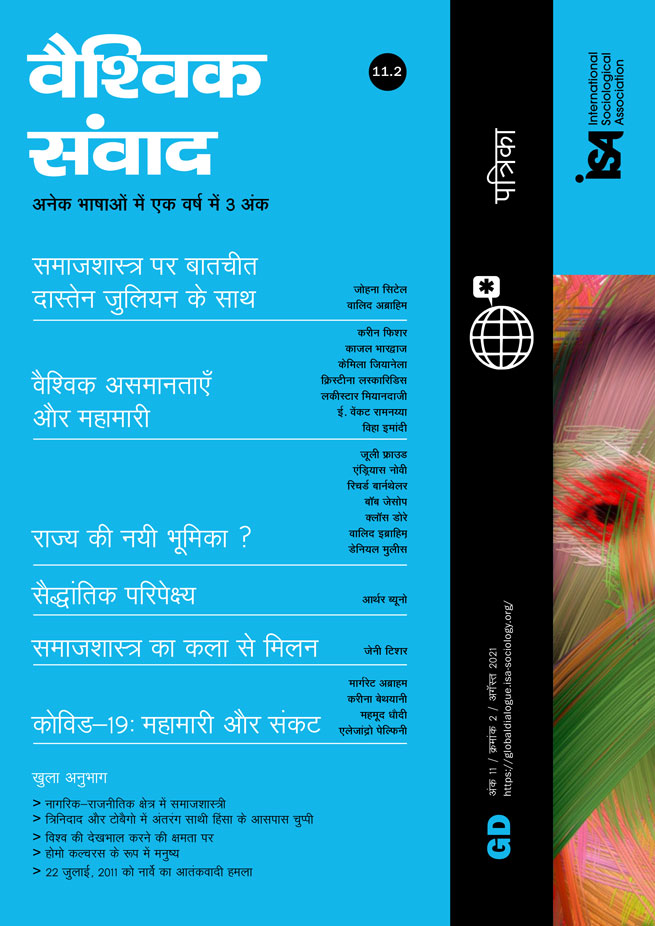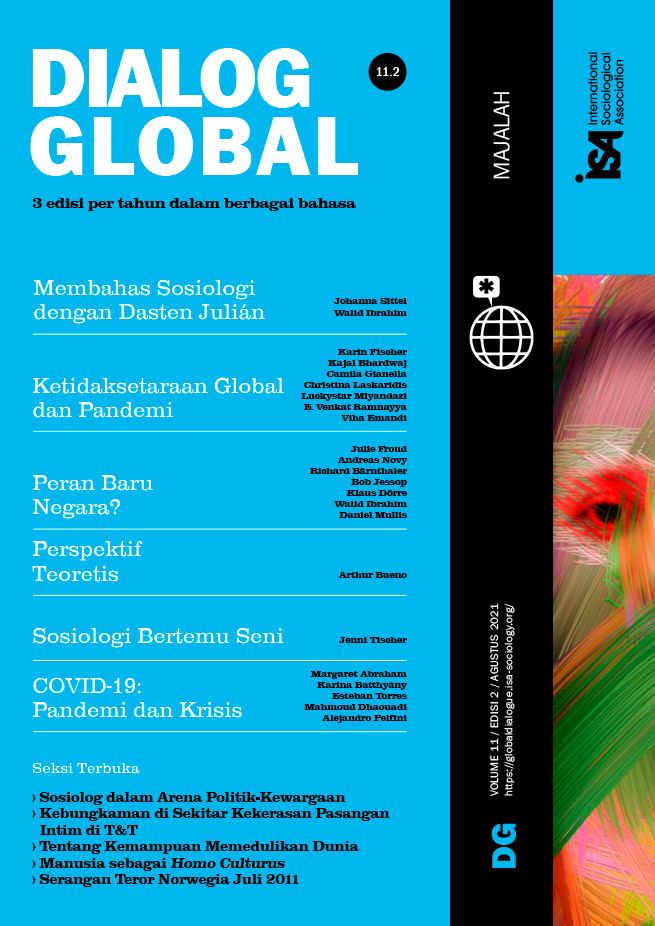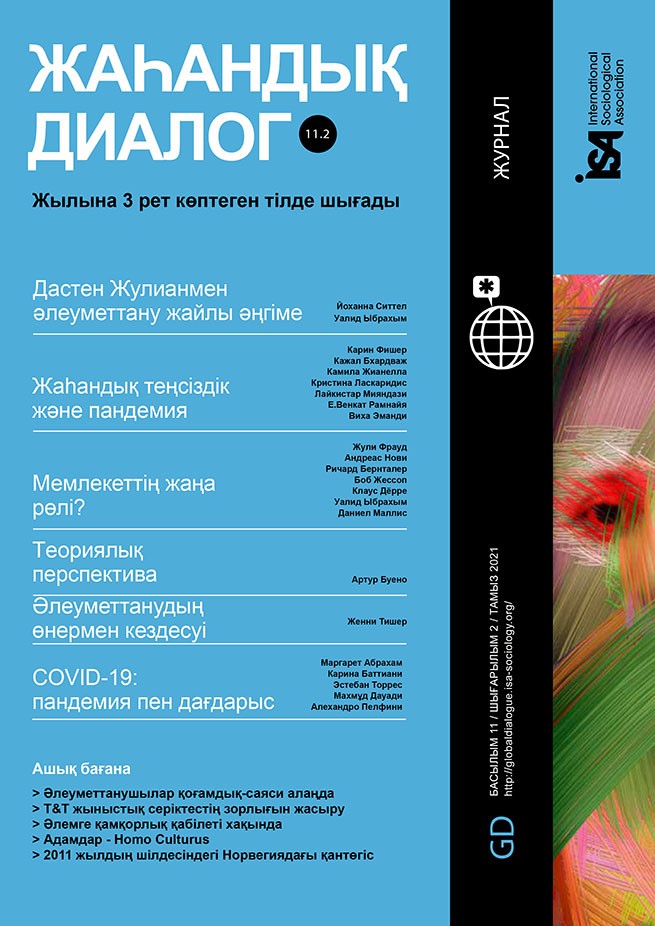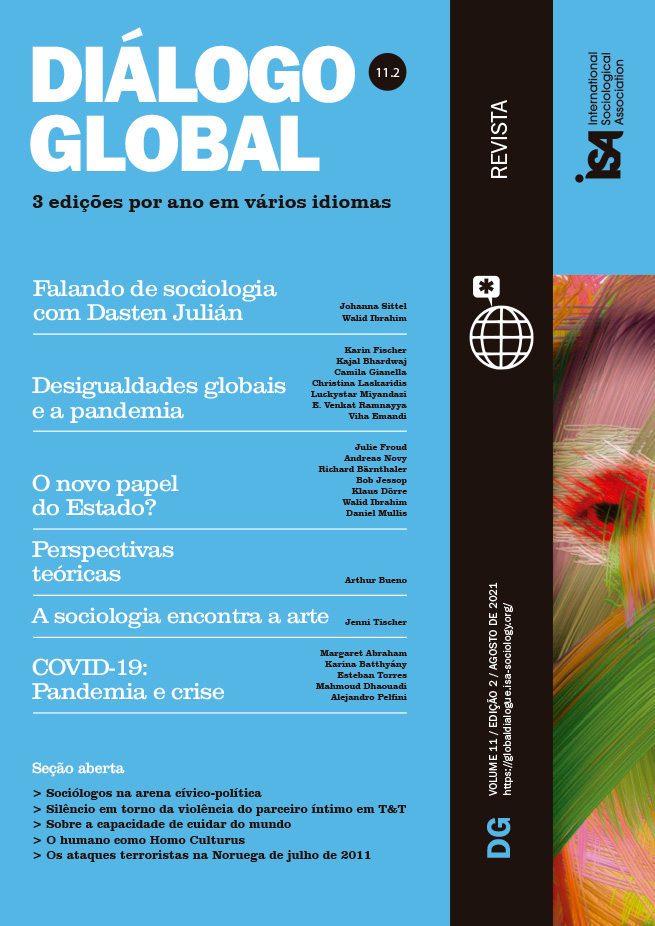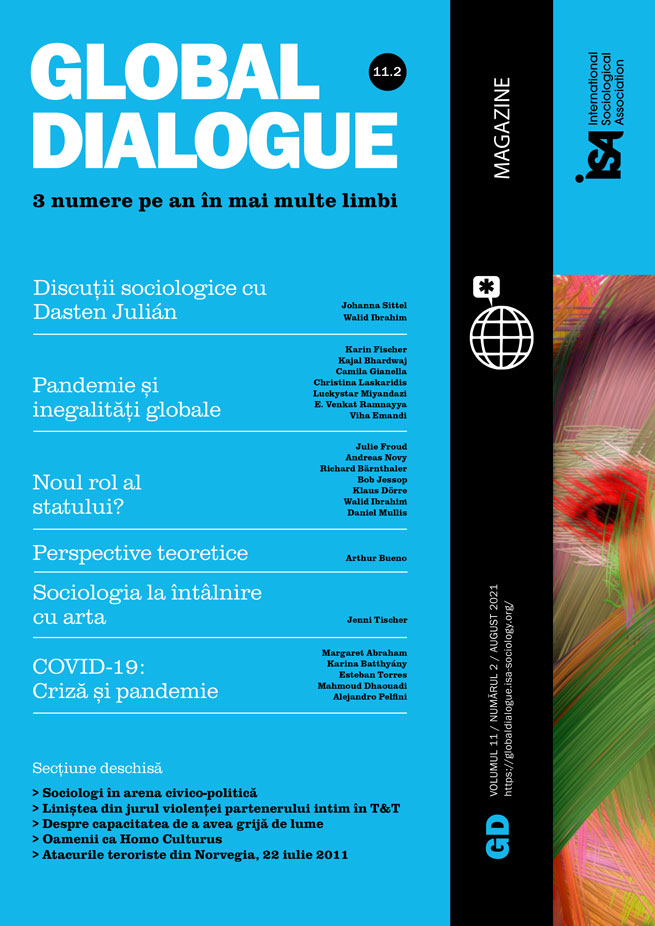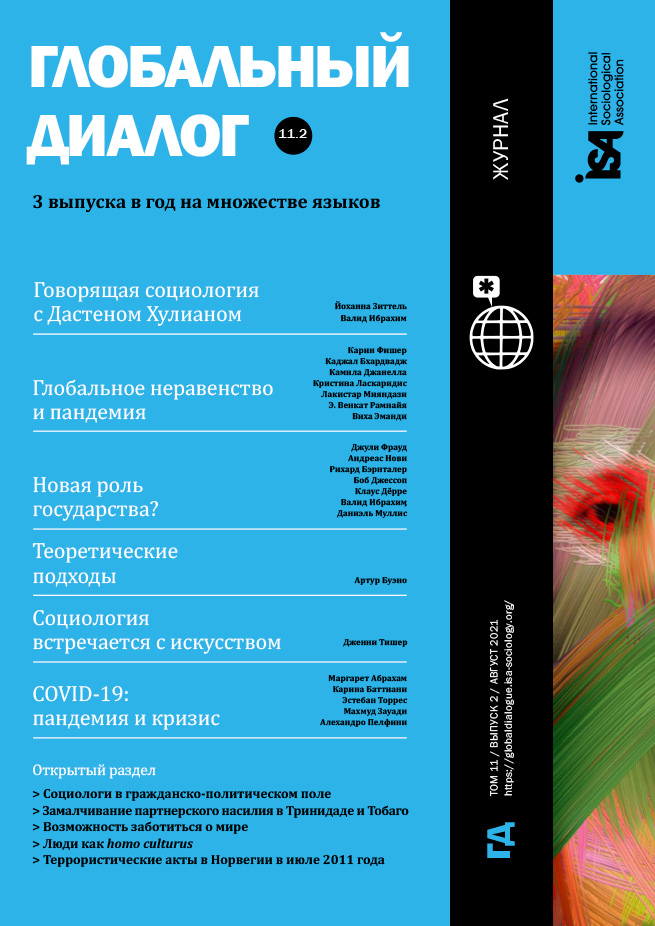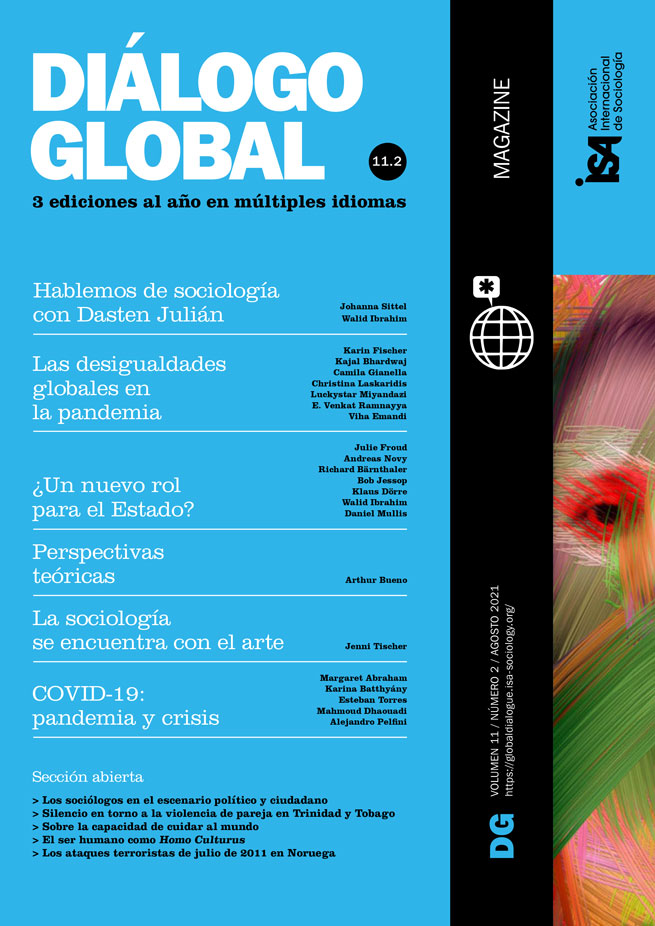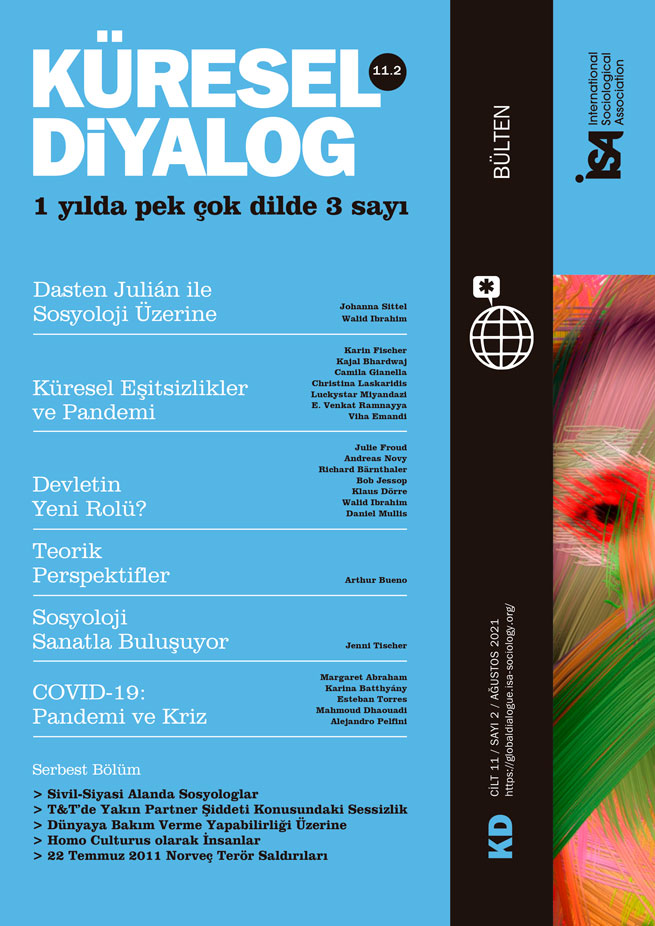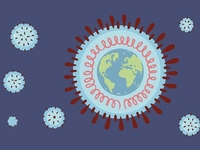The Frightening Global Impact of COVID-19
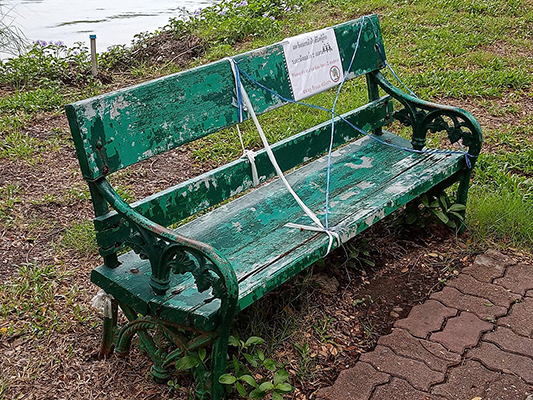
June 25, 2021
By all accounts the coronavirus pandemic is a very unusual worldwide disaster event. It has drawn health specialists to the frontline to reduce the death tolls and the rates of infectious patients, especially in advanced societies. Some of these societies and others have been forced more than once to have a widespread lockdown for weeks. The US and the UK are leading examples. Consequently, the crisis should be a priority concern for social scientists that must be analyzed not only in quantitative terms but also through qualitative perspectives. Such analyses may be of great importance for enhancing the state of planet Earth now and in the future.
Social sciences must concern themselves
The COVID-19 pandemic has struck at the most basic social parameter of human collective existence: social interaction. The slogan “stay home” has become the key message in most countries. Normal social interaction has been put on hold globally. Ordinary social interactions within and between societies are not the same and future corona waves are hardly excluded. Its current presence globally and its potential continuity for the coming years might become part of the mainstream of people’s and societies’ patterns of life.
There are specific problems resulting from the COVID-19 pandemic. Sociologically, the alarming situation of the pandemic presents a new global social problem for which the social sciences have to figure out new concepts and conceive of new tools different, for instance, from those of the late sociologist Erving Goffman (1922-82). Drawing on Symbolic Interactionism, he provided a dictionary of new sociological concepts that facilitate the understanding of the minute details of face-to-face interactions. Within the ongoing global pandemic, potential new sociological concepts will need to be invented to analyze the following consequences of this pandemic on humans: life uncertainty, significant loss of control over events, concern only with the immediate present. Qualitative sociology may be better equipped to deal with these new features. However, the task of the social sciences would be twofold:
First, we need to study the current social and psychological impacts of the COVID-19 pandemic on people’s behaviors and the different dynamics of societies which have experienced the crisis since December 2019. The magazine Scientific American has focused in its June and July 2020 issues on the social and psychological impact of the corona pandemic on people: what can the pandemic teach us about how people respond to adversity? The June issue has underlined the stress to which physicians and nurses in public and private hospitals and clinics are exposed. Yet in its August 2020 issue this magazine adopted a rather calming tone toward the coronavirus by showing that social distancing is a natural phenomenon among animals seeking to avoid infections from sick ones. While this may be true, obviously social distancing remains problematic in the long run for normal human social interactions.
Second, societies must today preview the scenes of social life in the world if no radical treatment is found in the coming few months or years. To deal with the consequences of the pandemic, the findings from both types of studies would partially innovate new social sciencesdifferent from the present mainstream ones. Other major features of the corona pandemic are unfolding in terms of their impact on social solidarity in societies. Western advanced societies are described as individualistic, and social media networks have said to have hardened the core of that individualism. The ethics and practice of social distancing and other anti-corona measures favoring social isolation are bound to strengthen individualism and loneliness not only in these societies but also in non-Western societies. Thus, the global damage to normal social interactions between individuals, groups, collectivities, and societies is more than clear.
Climate change and hate speech
Two enormous problems related to the COVID-19 pandemic are worth outlining: climate change and hate speech. The coronavirus pandemic is explained by some analysts as the outcome of human behavior on earth which has led to the pollution of the globe. The pollution has in turn its negative impact on climate change and the likely emergence of new dangerous viruses as some current theories point out. They take the Chinese city of Wuhan where the coronavirus initially emerged as an example. Whatever the cause of the latter, the globalizing coronavirus infection represents a puzzling and dazzling challenge that invites modern scientists to be more humble and modest in the exercise of their disciplines. Their scientific ethics must first of all be very serious aboutminimizingthe range of potential problems which may result from their scientific work.
As to the phenomenon of global hate speech around the world, it is likely to be on the rise during and following the COVID-19 pandemic. Hate speech is a behavior which demeans, brutalizes, and excludes people and discriminates against them on the basis of their religion, color, gender and ethnicity. Its source is usually a feeling or an attitude unfavorable or hostile toward a person, a group, or an entire society or civilization. It is expected that the coronavirus will be added to the list of items causing hate speech. Citizens from countries strongly affected by the coronavirus are facing and will confront increased discrimination and hate speech as they travel outside their countries. As such, the tourist industry throughout the world is being hit very hard and will continue to be hit, now and in the coming months and years, as the WHO projected in August 2020. There is a paradox here. The global COVID-19 pandemic is supposed to unite societies today but its impact on discrimination and hate speech is hardly positive. Thus, the global tourist industry is likely to suffer today and tomorrow not only because of the constraints of mobility but also because of the potential global increase in hate speech and discrimination.
Mahmoud Dhaouadi, University of Tunis, Tunisia and member of ISA Research Committees on History of Sociology (RC08), Sociology of Religion (RC22), and Language and Society (RC25) <m.thawad43@gmail.com>

